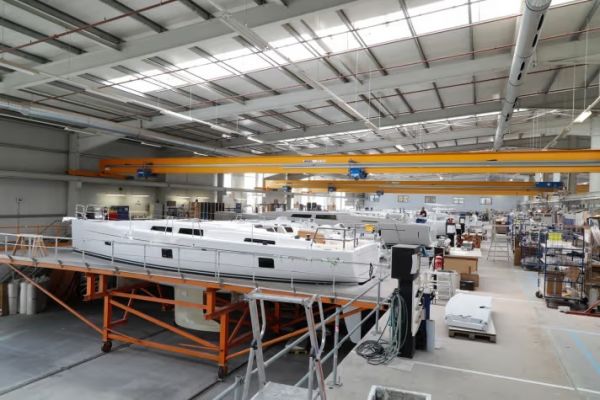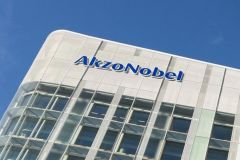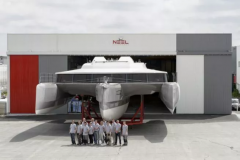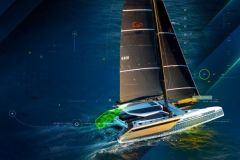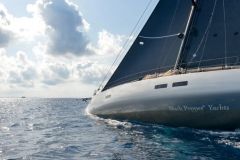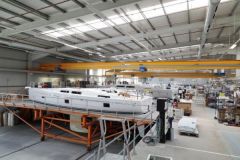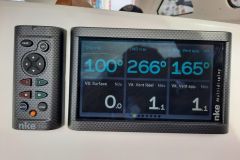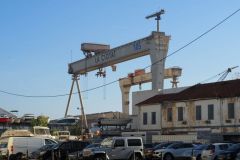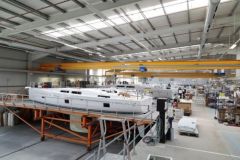Towards German-style governance to secure the future of industry
HanseYachts AG acquires a new majority shareholder with the entry into negotiations of entrepreneur Andreas Müller, from the German family industrial fabric. The takeover comes after years of ownership by Aurelius, an investment fund renowned for its turnaround strategies. This change could signal a refocusing on more sustainable, locally-integrated industrial practices.
Müller's family-run business model may favor long-term decisions, with strong regional roots in Mecklenburg-Western Pomerania, which is not without consequences for the future of the Greifswald site.
A planned reduction in production rates
Despite a solid first quarter in 2025, with sales of 41 million euros and an EBITDA margin of 12%, the manufacturer plans to adjust its industrial capacity from July 2025. Production will remain at full capacity until June, to meet seasonal orders already booked.
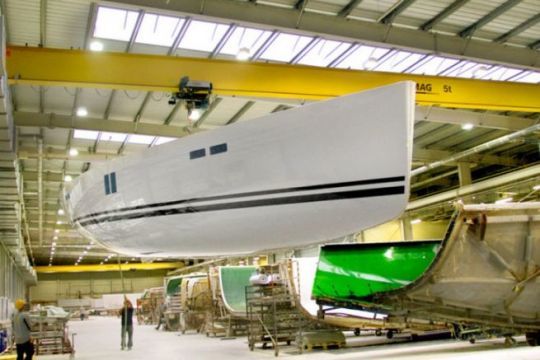
This forthcoming reduction is not due to internal difficulties, but to an anticipation of falling demand. Geopolitical tensions and economic gloom are now affecting the yachting industry, with a latent period for HanseYachts due to the recent renewal of its range.
Social issues: dialogue and safeguard plan under study
The Works Council has been included in the ongoing negotiations. Discussions are underway to establish an interest agreement and a social plan, proof that the reduction in production rates will have an impact on employment. Management insists on its willingness to conduct this process with transparency and responsibility, in liaison with the social partners.
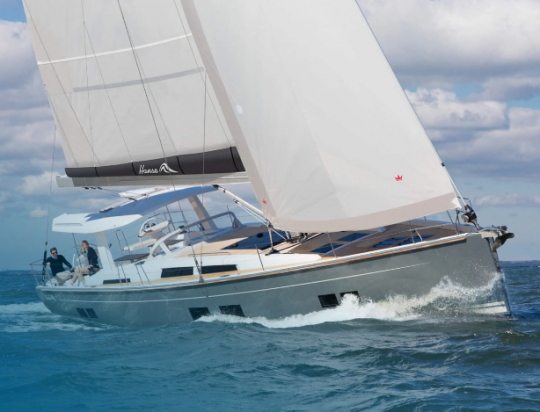
The file is also subject to validation by bank creditors and regional authorities, who will be involved in debt renegotiation and the business continuity plan.
The role of the Greifswald site in the Group's industrial strategy
The Greifswald production site, specialized in the assembly of production yachts, plays a central role in the Group's strategy. It benefits from infrastructures adapted to semi-industrial construction and an experienced workforce.
However, the planned adjustments could temporarily reduce its operational capacity. This raises the question of the distribution of production between the various brands of the HanseYachts group, notably Dehler, Moody, Sealine, Fjord and Ryck.
A relaunch based on range and technical choices
The strength of HanseYachts in recent quarters has been underpinned by the redesign of almost its entire range. Emphasis has been placed on onboard ergonomics, new hulls and the integration of hybrid engines on certain models. These efforts could support the recovery once the market stabilizes.
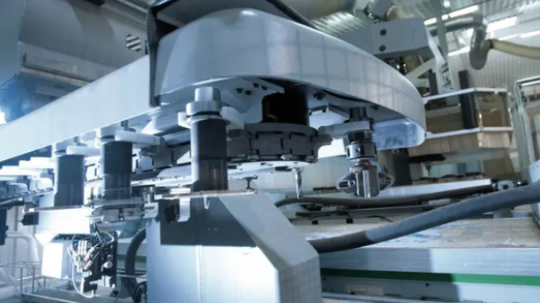
The shipyard remains a strategic player in the European market, particularly in the 30- to 60-foot family cruiser segment, thanks to a strong network of dealers.
The redeployment of HanseYachts AG illustrates the tensions running through the European yachting industry: demands for flexibility, changes in business models and territorial anchoring. The transition phase opened in May 2025 could foreshadow other capital or industrial moves in the sector. The coming months will tell whether Andreas Müller's gamble on a regional and sustainable industrial revival can bear fruit in a turbulent market.

 /
/ 